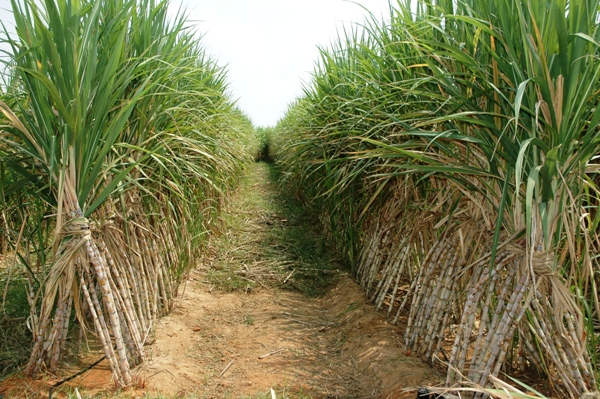The federal government has renewed its push to cut down on sugar importation by strengthening the sugar value chain, with Niger State securing 50,000 hectares of land for sugarcane cultivation. Minister of Agriculture and Food Security, Senator Abubakar Kyari, made this known at the weekend during a courtesy visit from a delegation of Niger Foods Security Systems and Logistics Company Limited, led by its Executive Chairman, Sammy Adigun, at the ministry’s headquarters in Abuja.
Kyari explained that the sugar value chain is critical to boosting Nigeria’s Gross Domestic Product and unlocking opportunities for thousands of farmers. He stressed that the ministry would partner with credible investors to reduce import dependence, achieve self-sufficiency, and create jobs in line with the National Sugar Master Plan. The minister also reaffirmed the Tinubu administration’s commitment to food and nutrition security, saying the government would work with the National Sugar Development Council and other stakeholders to unlock the full potential of the industry.
In his remarks, Adigun announced that Niger Foods has secured 50,000 hectares of land in Niger State for large-scale sugarcane production, targeting an output of two million tonnes. He disclosed that the project would require an estimated $3 billion investment in sugar processing plants, describing it as a game-changer for Nigeria’s agro-industrial sector. According to him, the company had already achieved a milestone last year by producing 60,000 tonnes of sugarcane from just three hectares, proving that with adequate support, production can be scaled nationwide.
Adigun emphasized that the project is expected to create significant employment opportunities while strengthening the country’s agro-industrial base. He noted that Niger Foods’ plan aligns with the federal government’s vision to reduce Nigeria’s dependence on sugar imports and boost local production capacity.
With the government’s backing and private sector investment, the sugarcane project in Niger State stands as one of the boldest steps toward reducing import reliance and building a sustainable sugar economy.

